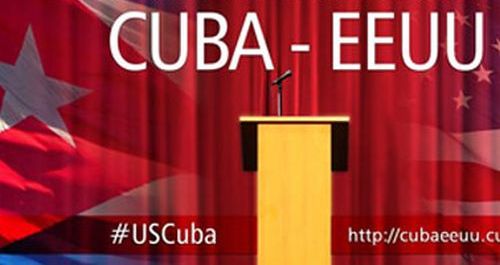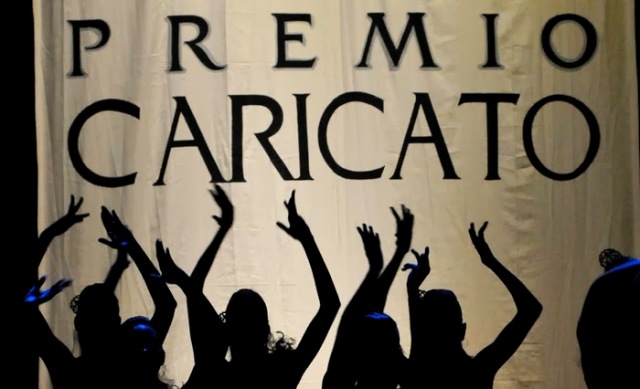Democrats favor it up to a 79%. Quite a few were surprised to find out that the support among Republicans has risen to an unprecedented 59%, whereas independents’ acceptance amounts to 63%.
The Cuban issue is present in the speech of several runners for presidency, starting with the current favorite among Democrats, Hillary Rodham Clinton.
Last July 31, the former Secretary of State and former First Lady had the audacity to demand the end of the blockade at the International University of Florida. Her speech triggered infuriated reactions from Republican pre-candidates Jeb Bush, Marco Rubio and Ted Cruz.
However, the chairwoman of the Democratic-Hispanic caucus of Miami-Dade County, where the die-hard anti-Cuban core is based, defied banners and catcalls against Mrs. Clinton after her presentation. Leonarda Duran-Burke cheered the democratic pre-candidate and said, “Fifty years of confronting Cuba have not worked. They need to change their minds; they are way behind the times. We need to look at the future.”
In US Congress, confrontation unfolds as projects supporting President Obama’s policies are introduced; as well as actions intended to foil the implementation of the measures announced by the executive.
The Republicans-controlled Senate Appropriations Committee just adopted three amendments to one of the 12 yearly federal spending bills. The first is a bill to end the travel ban that prevents US citizens from visiting Cuba, giving the President the leverage he needs on this particular issue.
They also voted to end restrictions on merchant ships’ travel to and from Cuba, whereas the other amendment would endthe ban on financing U.S. agricultural exports to Cuba and increase private credits for Cuban government to buy US agricultural products.
The initiative has yet to be sanctioned by US Senate plenary, but one of its sponsors, Republican senator for Arizona, Jeff Flake, is confident that the Senate will ratify the measure, since the vote of 46 out of the 100 senators is allegedly secured and he “will still get more votes.”
Flake is not the only Republican congressman involved in projects to speed up the end of the blockade or deplete it of a sizeable part of its provisions. Obama has also found the support of senator Jerry Moran (Kansas); senator Dean Heller (Nevada) and representative Bradley Byrne, who have all made public statements in this regard.
In the Democratic ranks, the highest ranking Democrat of the Senate Foreign Relations Committee, Ben Cardin; senator Patrick Leahy (Vermont) a veteran advocate of rapprochement with Cuba; senator Chris Murphy (Connecticut) and representative Raul Grijalva, stand out among so many others.
On the other hand, in the House of Representatives, chaired by Republican John Boehner, adamant opponent to Obama Administration policies, an initiative was introduced to thwart the measures enacted last January that ease travel restrictions and allow regular flights to Cuba.
It’s worth recalling that even the most enthusiastic advocates of rapprochement with Cuba do not deny that their final goal remains “the triumph of democracy” in the unruly island. On the other hand, there are many economic interests, like the Southern agricultural lobby’s; tourist and telecommunications industries, not to mention the financial claims against Cuban government for US properties nationalized by the Revolution.
In the history wagon there will only be room for those who come to trade, to find facts, to exchange or cooperate on equal footing; not for those who seek conquest or revenge. It will certainly run over anyone who attempt to betray our sovereignty, our independence and our national identity.




